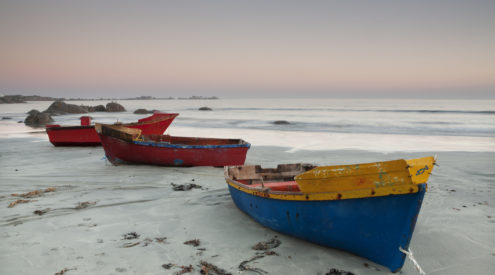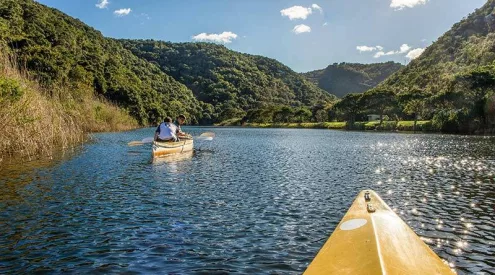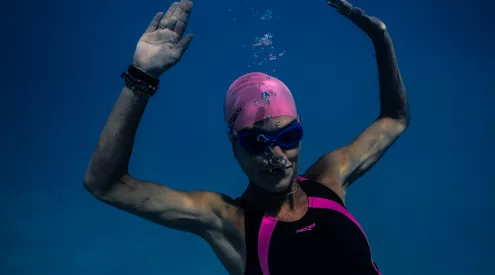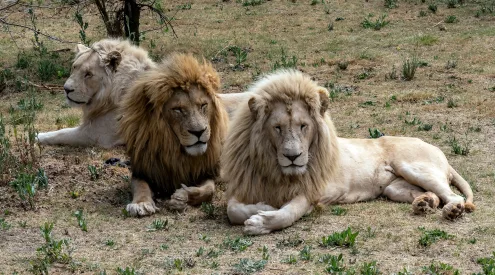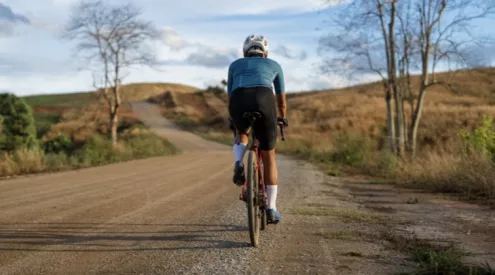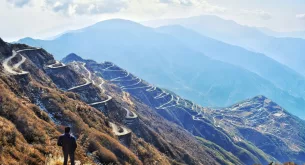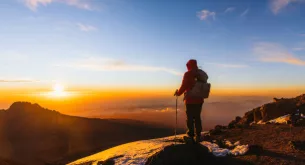War in Ukraine seems to have grounded a promising satellite wildlife tracking project that would help monitor several species. The data stream from the ISS that is received by Russian space agency Roskosmos has gone silent.
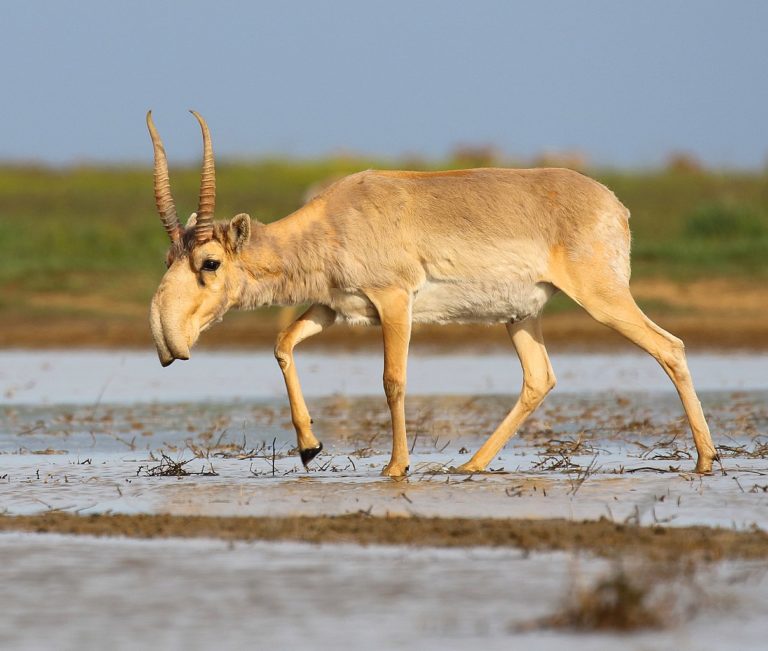
The endangered Saiga antelope is one of the animals tracked by the Icarus project. Picture: Wikimedia Common/ Andrey Giljov
the International Cooperation for Animal Research Using Space (Icarus) uses satellite tracking to learn about the migratory routes of animals and their living conditions.
‘Russian space agency Roskosmos has terminated its cooperation with many partners. This also affects the Icarus project on the International Space Station ISS. The transmission of data from the ISS was stopped on March 3, 2022,’ the Icarus website reads.
Icarus’ findings are used to aid behavioural research, species protection, research into the spread of infectious diseases to even help predict ecological changes and natural disasters. Researchers attach mini-transmitters to animals which send their data to a receiver station in space, which in turn transmits the data back to the ground.
Ecologist Nyambayar Batbayar, director of the Wildlife Science and Conservation Center of Mongolia told Science that ‘this will ruin all the efforts of a great many scientists’, as his team use Icarus to track snipes and cuckoos. Studies that track small birds such as robins are on hold because researchers do not want to burden animals with tags whose data may be irretrievable.
At the end of last year, scientists had deployed tags on animals at 91 sites around the world, 21 of which were in Russia. It seems as though much of this data may be lost.
One breakthrough the project had was with the mountain plover, a small bird in North America whose population has declined by 80% since the 1960s. From 17 tagged birds, data showed that the plovers left their breeding grounds in the state of Colorado to a variety of sites throughout North America. This finding added to the evidence that migrators don’t go back and forth between fixed points, but follow the food, and avoid floods and fires. ‘This changes the picture of animal migration as we know it’, says Batbayer.
ALSO READ
‘We stay to help the animals’, says Ukrainian conservationist




